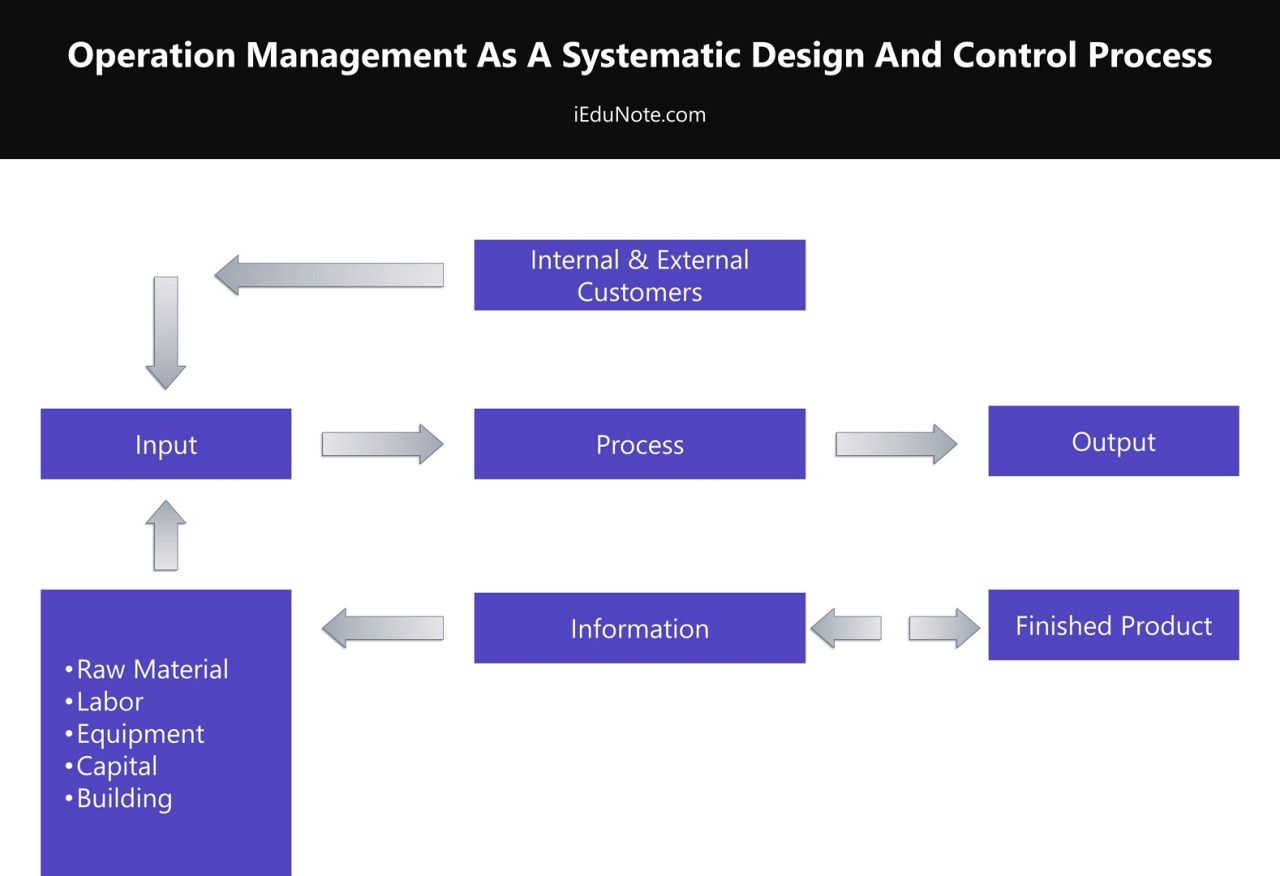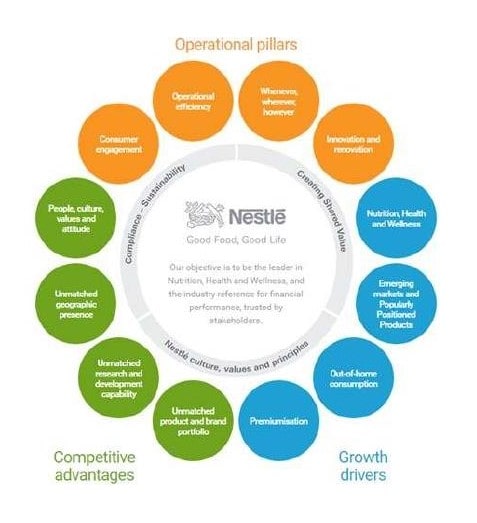Operations Management: Nestle
Sep 24,21Operations Management: Nestle
Question:
Discuss About The Case Study of Operations Management For Nestle.
Answer:
Introduction
This study shall deal with Operations Management and Nestle is chosen as the company to focus on the study. The organizational culture at Nestle is extremely collaborative and cooperative, and it is often helpful for employees to work in such environment. Nestle appears to be working well to hire good employees regularly; they are honest, loving, sturdy individuals. It’s the biggest food business worldwide (Barnes, 2018). This study shall cover a brief note on Nestle and shall cover the operations management in general along with an analysis of Nestle. Management of operations includes a wide variety of topics, including supervision, design, and control of the production process, and the redesign of operations for goods or services production (Galli, & Vousvouras, 2020). Hence the primary aim of the paper is to learn about real operational management applications at Nestle.
About Nestle
Nestle’s inception took place in 1866 when the Anglo-Swiss Condensed Milk Company was founded. The firm was merged with the Anglo-Swiss in 1905 to form a corporation that is now known as the Nestlé Group. At Nestlé, employees and leaders are continuously exploring and pushing the limits of food, drinks, and nutritional health solutions to improve the quality of life and contribute to a healthier future. They focus on energies and resources for unleashing the potential of food, for safeguarding customer interests, for enhancing the environment, and for providing value to their shareholders and stakeholders alike (Huang, Abdel, 2017).

Nestle has over 2000 brands ranging from international icons to locals, and is present worldwide in around 190 countries. The goal of Nestlé is to improve the quality of life and help to achieve a healthier future. Nestle wishes to contribute to a healthier and better world and want individuals to live healthy lives as well. The headquarters of Nestlé is located in Vevey, Switzerland. Nestlé’s leading goods include condensed and powdered milk, baby food, chocolate, candy, instant coffees, soups, frozen meals, ice cream, and bottled water. Nestlé began to diversify since the beginning of the 20th century, attaining a leadership position through several acquisitions and mergers (Islam, 2017).
Operations Management
Operations Management is the business procedure that is administered to provide the best potential degree of efficiency in an organization. This is a business sector that is focused on the administration of business practices in an organization, to make effective operations in the organization. The objective is the conversion of material and works into goods and services as efficiently as feasible. It comprises planning, organization, and monitoring of the company’s operations to incur operational profit and for balancing revenues and costs (Mookerjee & Shubham, 2018). An operations manager ensures that the company translates inputs successfully into outputs.

Any organization is largely reliant on the efficacy of the operations department. In the operations department, there are many different models and techniques available to achieve certain results and objectives. Each model highlights the functions of operations department and various organizations adopt special functional dimensions according to requirements and requirements. In the 1960s and 1970s, the idea of operations was established. With the passage of time, organizations are opting for various inventive approaches. Operations management is implemented effectively today by myriads of businesses worldwide and is regarded as a benchmark for management. To improve the communication between different strategic offices, the central IT system of Nestle, as a part of its operations management strategy was also established. However, full centralization is not yet achieved. This is because people from various regions have their special culinary preferences (Subham, 2018). In Asia and Africa, for example, sugar consumption is higher than in Europe and the United States. For that, operations have to be decentralized and the strategy is conducive to growth in research and development, branding, and effective marketing.
Nestle’s Operations Management System
Nestlé’s operational management has the best planning capacity and other capacities like the capacity for retention, reception, stockpiling and accommodation. Volume and expected demand certainty are the components by which management calculates their facility using formulae. Moreover, strategic goals, design, and trade, all are transforming Nestle’s activities from global to local in different regions. Moreover, Nestle has also integrated the just in time (JIT) management strategy to improve its operations. Expansion costs and operating costs of the JIT principle is to deliver the appropriate amount of products to the right location at the right time. The best level of operation improves company performance and effective and strategic location of facilities enables the company to deliver products consistently and to design of the products innovatively and creatively, boosting their quality (Parviziomran, 2020).
Nestlé believes that the operating department is the cornerstone of the enterprise. All operational plans depend on the operating department’s success. It helps Nestlé to exchange information, comprehend, and to implement innovative technologies at the right time. Nestlé has established a learning culture in which information is a key component. Each employee is given the chance to achieve excellence in life and in work (Mahmoudi, 2020). Nestlé’s initiatives for training and development have to be termed productive from the perspective of employee retention, commitment, employee engagement, and employee productivity. This allows Nestlé to be simultaneously flexible and lean. Effective operations management has also made Nestlé more flexible in terms of shaping and reshaping its business plans. However, Nestlé has overcome all challenges and has implemented the operational methods to make the firm highly efficient. It is important to verify quality from time to time as quality evaluates consumer satisfaction at the end of the day and Nestle has mastered this operational habit. To identify the defects in the business to be fixed, Nestlé has carried out a comprehensive study, and hence efficiency is improved.

Nestle meets its customers with a good working mindset and also focuses on reasonable and real working techniques. The organization focuses on the positive mindset and various managerial’ styles. It meets high-quality long-haul performance with enough accommodation and ranges. It controls better operation with enough quality and adaptability. The firm operates with remarkable efficiency in information dissemination throughout its global and local business environments. Nestle’s long-term achievements are the outcome of its essentially unique business and operational approaches that ensures product quality and customer satisfaction. This gives Nestle a strong sense of duty and effectiveness, appropriateness and productivity, which has culminated into effective corporate social responsibility (CSR) performance (Rashmi & Aishwariyaa, 2017).
Conclusion
Operations Management is the business procedure that is administered to provide the best potential degree of efficiency in an organization. Operations Management is the business procedure that is administered to provide the best potential degree of efficiency in an organization. This is a business sector that is focused on the administration of business practices in an organization, to make effective operations in the organization. At Nestle, particular operations management techniques are designed to support continuous business and product development. Nestlé believes that the operating department is the cornerstone of the enterprise. Operational efficacy is performed at Nestle through convenient commitments to progress, which the company determines continuously through its innovative strategy implementations (Aishwariyaa, 2017). Moreover, Nestle meets high-quality long-haul performance with enough accommodation and ranges and it effectively controls better operations with enough quality and adaptability. Besides, effective operations management has also made Nestlé more flexible in terms of shaping and reshaping its business plans.
References
Barnes, D. (2018). Operations Management. United Kingdom: Macmillan International Higher Education.
Galli, C. C., & Vousvouras, C. (2020) Nestlé caring for water. International Journal of Water Resources Development, 36(6), 1093-1104.
Huang, D., & Abdel-Khalik, H. S. (2017, July) Development of Uncertainty Quantification Capability for NESTLE. In International Conference on Nuclear Engineering (Vol. 57878, p. V009T15A059). American Society of Mechanical Engineers.
Islam, M. (2017). Critical evaluation of the supply chain of Nestlé Bangladesh Limited. Internship Report. Retrieved July 7, 2021, from http://dspace.bracu.ac.bd/xmlui/bitstream/handle/10361/7749/12204057_BBA.pdf?isAllowed=y&sequence=1
Kumar, S., Mookerjee, V., & Shubham, A. (2018) Research in operations management and information systems interface. Production and Operations Management, 27(11), 1893-1905.
Mahmoudi, M., & Parviziomran, I. (2020) Reusable packaging in supply chains: A review of environmental and economic impacts, logistics system designs, and operations management. International Journal of Production Economics, 228, 107730.
Navaneetha, B. N., Punitha, K. P., Joseph, R. M., Rashmi, S. R., & Aishwariyaa, T. S. (2017) An analysis of cost volume profit of Nestlé limited. Management and Administrative Sciences Review, 6(2), 99-103.
Zeng, M., & Stratton, R. (2014) Sustainable operations management. The Business Student’s Guide to Sustainable Management: Principles and Practice, 198.





